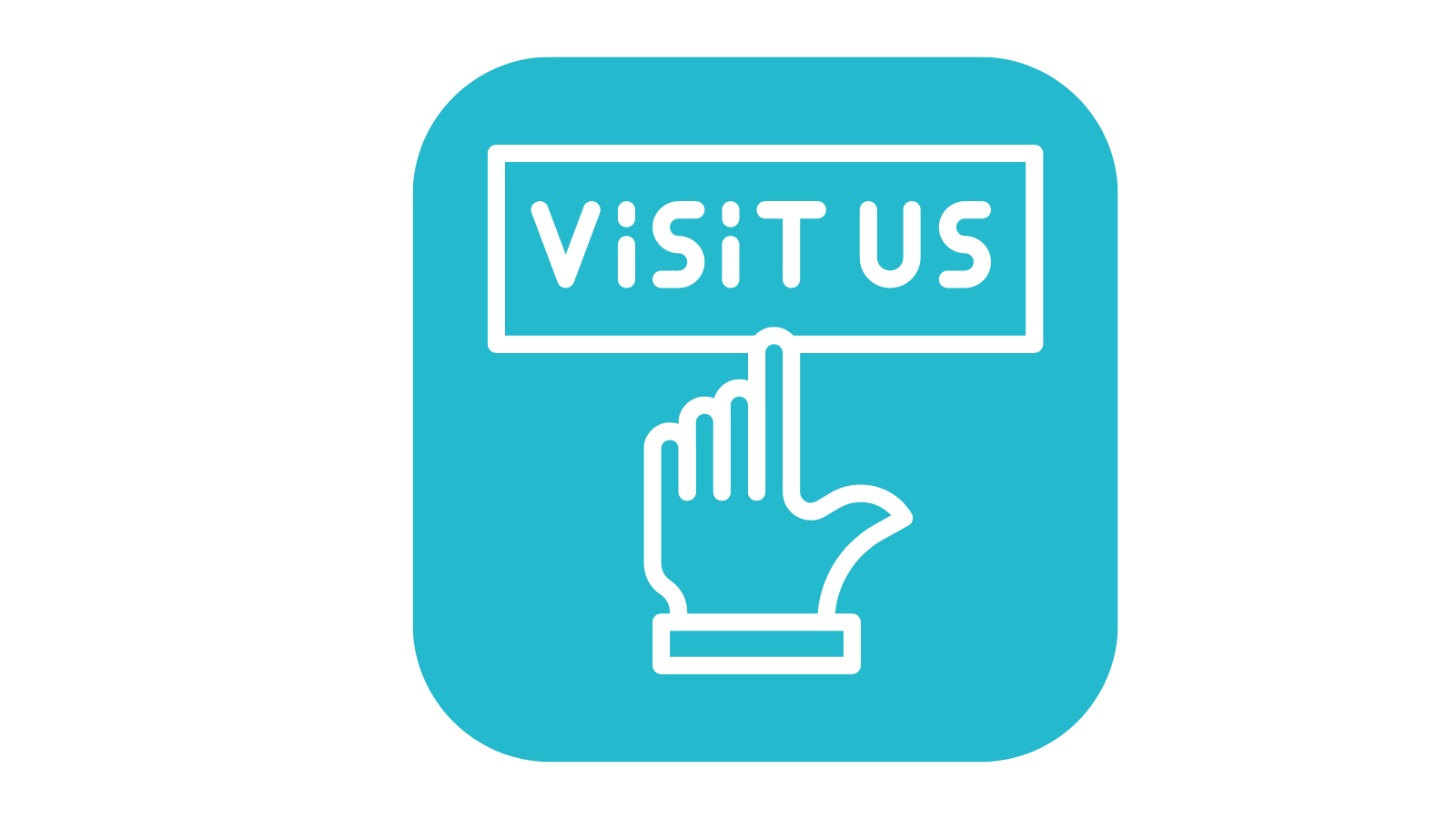Remote work has become much more the norm today, and for those employees who are not going into the office regularly – or at all, it’s crucial not to fall into the “out of sight, out of mind” category.
Falling into the “out of sight, out of mind” category as a remote worker can be detrimental to your career progression. This is because visibility in the workplace often correlates with opportunities for mentorship, recognition and advancement. Being physically absent from the office may inadvertently lead to being overlooked for promotions, challenging projects or professional development opportunities. Here’s how to overcome this.








